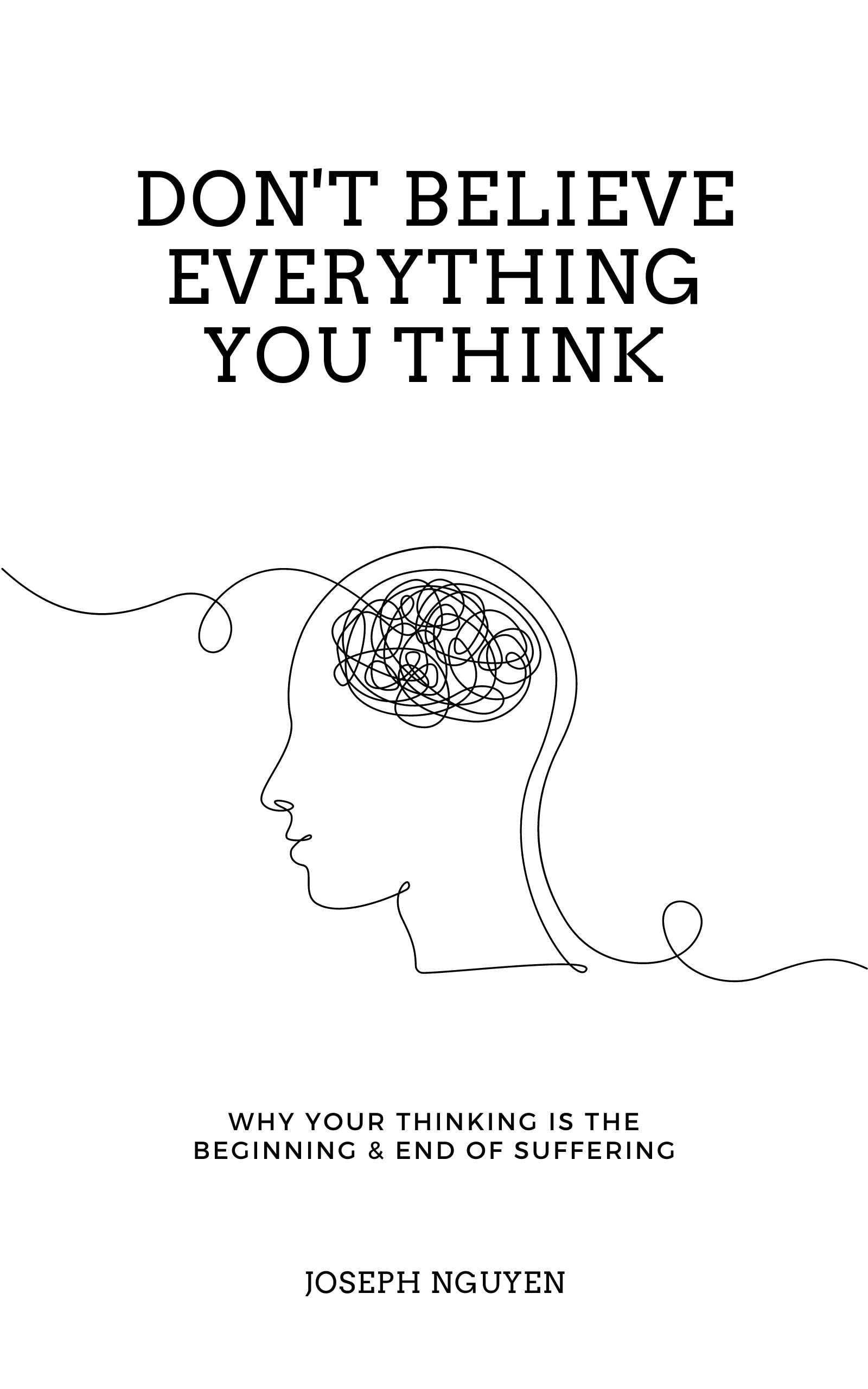Title: "Don't Believe Everything You Think"
"Don't Believe Everything You Think" by Thomas Kida is a compelling exploration of critical thinking and the cognitive pitfalls that can lead individuals astray. Published in 2006, this book serves as a practical guide for readers to navigate the complexities of decision-making, offering insights into common cognitive errors and biases that influence our thoughts and beliefs.
One of the book's key strengths is its accessibility. Kida takes a complex topic—critical thinking—and breaks it down into easily digestible concepts, making it suitable for a broad readership. He uses real-world examples and anecdotes to illustrate each cognitive pitfall, enhancing the book's relatability and ensuring that readers can apply the principles to their own lives.
The central premise revolves around the idea that human thinking is prone to systematic errors, and individuals must actively engage in critical thinking to overcome these biases. Kida introduces readers to various cognitive pitfalls, including hindsight bias, confirmation bias, and the illusion of understanding. Each chapter delves into a specific cognitive error, providing clear explanations and practical strategies for recognizing and mitigating these biases.
The book encourages readers to adopt a more skeptical and questioning mindset, emphasizing the importance of evaluating evidence, considering alternative perspectives, and avoiding overreliance on intuition. Kida's emphasis on the scientific method and the value of empirical evidence adds a robust foundation to his argument for more rational thinking.
One of the book's limitations is its focus on cognitive errors without providing an in-depth exploration of the emotional and psychological factors that contribute to irrational thinking. Additionally, some readers may find that the book's tone leans towards the academic, which could potentially deter those seeking a more casual exploration of critical thinking.
In conclusion, "Don't Believe Everything You Think" is a valuable resource for individuals looking to enhance their critical thinking skills and become more aware of the cognitive biases that shape their beliefs. Thomas Kida's straightforward approach and practical examples make this book a useful tool for anyone interested in developing a more rational and evidence-based approach to decision-making. If you're ready to challenge your own thought processes and improve your critical thinking abilities, this book provides a solid foundation for navigating the complexities of human cognition.

Comments
Post a Comment